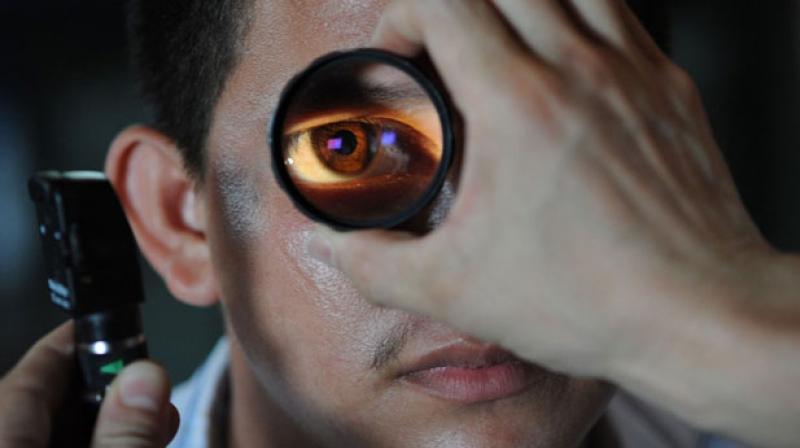Pocket-sized retina camera may replace dilating drops

Washington: Scientists have developed a cheap, portable camera that can photograph the retina without administering the irritating pupil-dilating eye drops.
Made out of simple parts mostly available online, the camera's total cost is about USD 185, researchers from University of Illinois at Chicago (UIC) said.
The camera works by first emitting infrared light, which the iris - the muscle that controls the opening of the pupil does not react to. Most retina cameras use white light, which is why pupil-dilating eye drops are needed. The infrared light is used to focus the camera on the retina, which can take a few seconds.
Once focused, a quickflash of white light is delivered as the picture is taken. "As residents seeing patients in the hospital, there are often times when we are not allowed to dilate patients - neurosurgery patients for example," said Bailey Shen from UIC. "Also, there are times when we find something abnormal in the back of the eye, but it is not practical to wheel the patient all the way over to the outpatient eye clinic just for a photograph," Shen added.
The camera is based on the Raspberry Pi 2 computer, a low-cost, single-board computer designed to teach children how to build and programme computers.
The board hooks up to a small, cheap infrared camera and a dual infrared - and white-light-emitting diode. A handful of other components a lens, a small display
screen and several cables - make up the rest of the camera, researchers said.

